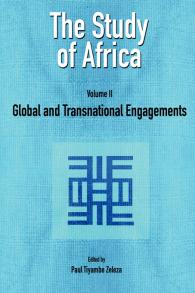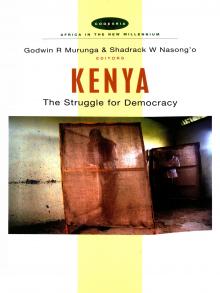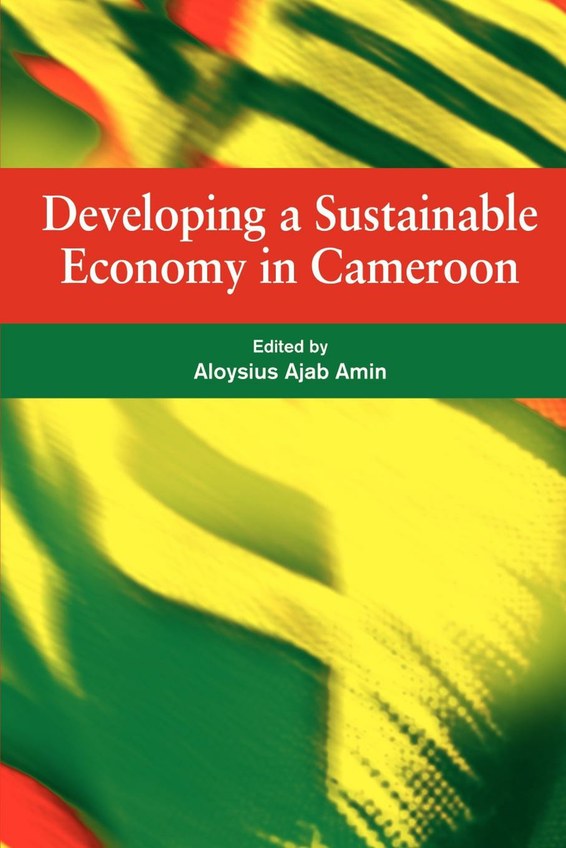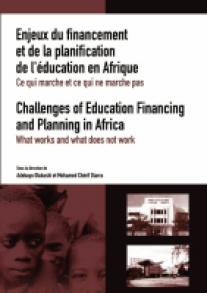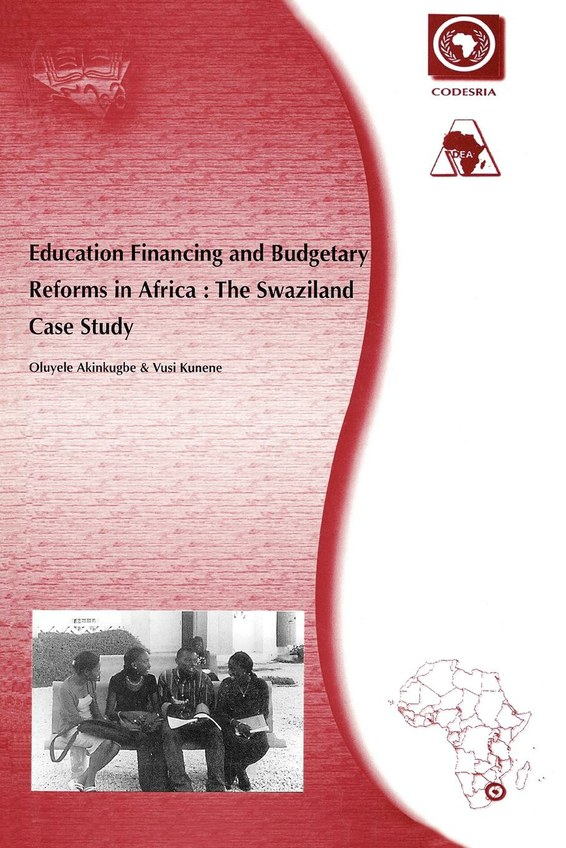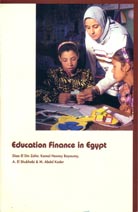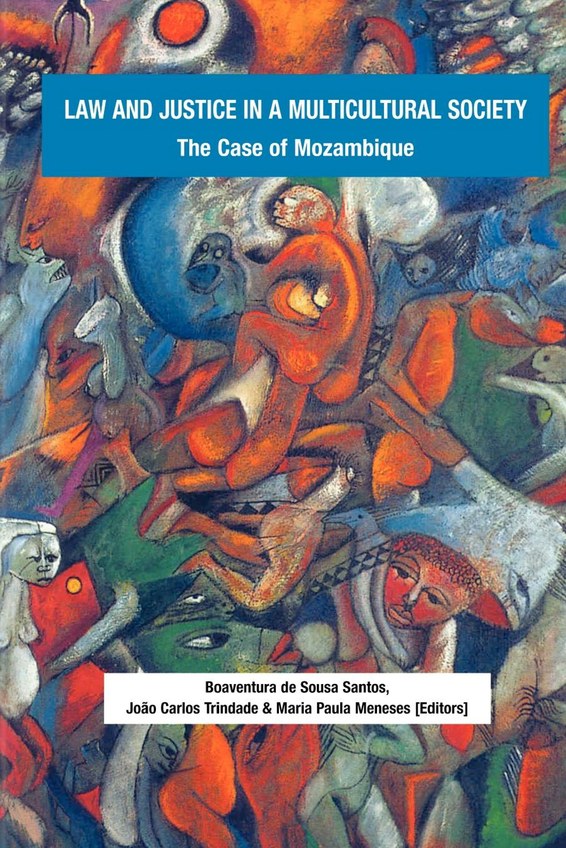African Anthropologies: History, Critique and Practice (Printed)
African Anthropologies: History, Critique and Practice (Printed)
This overview of the history, application and teaching of anthropology in post-colonial Africa shows how the continent’s anthropologists are redefining the historical legacy of European and American disciplinary hegemony, and developing distinctively African contributions to anthropological theory and practice. The contributors illustrate the diverse national traditions of anthropological practice that have developed in sub-Saharan Africa since decolonisation and exemplify the diversity of professional work carried out by the discipline’s practitioners. Their commitment to a common disciplinary identity demonstrates the place that exists for a critical anthropology that is reflective about both its potentials and limitations.
The Study of Africa, Volume 2: Global and Transnational Engagements (Printed)
The Study of Africa, Volume 2: Global and Transnational Engagements
This is the second of a two-volume work taking stock of the study of Africa in the twenty-first century: its status, research agenda and approaches, and place. It is divided into two parts, the first entitled Globalisation Studies and African Studies, and the second, African Studies in Regional Contexts. Topics addressed in part one include: trans-boundary formations and the study of Africa; global economic liberalisation and development in Africa; African diasporas, academics and the struggle for a global epistemic presence; and the problem of translation in African studies. Part two considers: African and area studies in France, the US, the UK, Australia, Germany and Sweden; anti-colonialism and Russian/soviet African studies; African studies in the Carib bean in historical perspective; the teaching of African history and the history of Africa in Brazil; African studies in India; African studies and historiography in China in the twenty-first century; and African studies and contemporary scholarship in Japan.
The Study of Africa, Volume 1: Disciplinary and Interdisciplinary Encounters (Printed)
The Study of Africa, Volume 1: Disciplinary and Interdisciplinary Encounters (Printed)
This is the first of a two-volume work which takes stock of the study of Africa in the twenty-first century: its status, research agenda and approaches, and place. It is divided into two parts, the first on the academic disciplines and African Studies, the second on interdisciplinary studies.
Topics addressed in part one include: anthropology, race, ethnography and sociology in relation to area studies; African historiography, and the research and teaching of history in Africa in an era of institutional crisis and ‘global history’; and the need to rethink Africanist political sciences.
Scholars in the Market Place : The Dilemmas of Neo-Liberal Reform at Makerere University, 1989-2005 (Printed)
Scholars in the Market Place : The Dilemmas of Neo-Liberal Reform at Makerere University, 1989-2005 (Printed)
Scholars in the Marketplace is a case study of market-based reforms at Uganda’s Makerere University. With the World Bank heralding neoliberal reform at Makerere as the model for the transformation of higher education in Africa, it has implications for the whole continent. At the global level, the Makerere case exemplifies the fate of public universities in a market-oriented and capital friendly era. The Makerere reform began in the 1990s and was based on the premise that higher education is more of a private than a public good. Instead of pitting the public against the private, and the state against the market, this book shifts the terms of the debate toward a third alternative than explores different relations between the two. The book distinguishes between privatisation and commercialisation, two processes that drove the Makerere reform. It argues that whereas privatisation (the entry of privately sponsored students) is compatible with a public university where priorities are publicly set, commercialisation (financial and administrative autonomy for each faculty to design a market-responsive curriculum) inevitably leads to a market determination of priorities in a public university. The book warns against commercialisation of public universities as the subversion of public institutions for private purposes.
Kenya: The Struggle for Democracy (Printed)
Kenya: The Struggle for Democracy (Printed)
« Riveting, compelling, engaging and inspiring… Not only is Kenya : The Struggle for Democracy a book of first-rate scholarship, it is an informative and readable treatise on the everyday expressions of Kenyan citizens’ intense passion for openness, justice and responsible governance ». Lisa Aubrey, Ohio University « A very refreshing, rigorous, informative and multidisciplinary analysis of Kenya’s transition to democratic governance, Kenya : The Struggle for Democracy not only identifies the reasons behind Kenya’s failure to institutionalise democracy, but it also provides possible solutions ». John Mukum Mbaku, Willard L. Eccles Professor of Economics and John S. Hinckley Fellow, Weber State University « A moving and comprehensive analysis of institutions and actors that have shaped Kenya’s future… For Africanists, this is compulsory reading which requires a response ». Winnie Mitullah, University of Nairobi.
Ghana: One Decade of the Liberal State (Printed)
Ghana: One Decade of the Liberal State (Printed)
« This is a ground-breaking, nuanced and comprehensive book that grapples with how developing countries in general and Ghana in particular have endured and responded to a decade of neo-liberal ascendancy. Based on astute research, experiences and analysis, the book offers penetrating commentaries on recent socio-economic and political developments in Ghana. A « must-read » collection of excellent and stimulating ideas. » Mohamed Salih, Professor of Politics of Development, University of Leiden and the Institute of Social Studies, The Netherlands « This, the first book-length assessment of the latest experiment in liberal democracy in Ghana, is a timely study. It shows in an admirable way both the progress and the still existing shortcomings in the institutionalization of liberal democracy and will undoubtedly attract a wide readership in academic and policy-making circles. » Ghana has witnessed a « revolution through the ballot box » since its return to constitutional rule in 1993. Yet this period of sustained democratic government in an era of globalization and liberal triumphalism has brought with it new demands. How has Ghana faced up to the problems of institution-building, state-market relations and democratic leadership? Can it deal with the challenges posed by security, human rights and foreign policy in the twenty-first century? This unique collection interrogates all these issues and assesses the future of the democratic experiment in one of sub-Saharan Africa’s rare « islands of peace ». In doing so, it provides an invaluable guide to Ghana’s political past, present and future.
Developing a Sustainable Economy in Cameroon (Printed)
Developing a Sustainable Economy in Cameroon (Printed)
Developing a Sustainable Economy in Cameroon is an ambitious effort as the authors try to set a blue print for Cameroon’s economy. In the 1980s facing economic crisis, and as dictated by the structural adjustment programme, Cameroon sharply cut public investment expenditures before later cutting government consumption which were followed by privatisation, liquidation of public companies and reduction in the size of the public sector. All these measures are believed to have had devastating effects on the economy. Given the performance of the economy so far the authors suggest that much more effort, with a strong commitment of the main stakeholders, is required to guarantee sustainable economic development in Cameroon. Truly, very few countries in Africa possess such enormous human and natural resources as Cameroon does. This volume brings out the challenges Cameroon faces in its quest for development as well as for designing appropriate strategies for addressing those development challenges.
Challenges of Education Financing and Planning in Africa: What Works, What Does not Work? / Enjeux du financement et de la planification de l’éducation en Afrique : ce qui marche et ce qui ne marche pas ? (Printed)
Challenges of Education Financing and Planning in Africa: What Works, What Does not Work? / Enjeux du financement et de la planification de l’éducation en Afrique : ce qui marche et ce qui ne marche pas ? (Printed)
This volume highlights the proceedings of the two policy dialogue conferences held by the Working Group on Finance and Education (WGFE) in 2004. Part I of the document discusses the endemic crisis that higher educationhas been beset with since the outset of the post colonial period in Africa. It highlights the critical state of higher education systems in Burkina Faso, Mali, Nigeria and Senegal by scrutinizing the causes, manifestations and consequences of the crisis to posit useful recommendations and possible solutions. Part II is a comprehensive review of the challenges facing the financing and planning of all levels and types ofeducation – from kindergarten to graduate school – in selected African countries. The papers reveal the sources and mechanisms of funding education in Africa, drawing attention to the experiences of communities confronted with new funding sources. A new trend, which consists of designing decade long educational development plans, has emerged and is rapidly expanding in numerous African countries. This experience is examined and shared by the authors. This book has contributions in both French and English.
African Literature as Political Philosophy (Printed)
African Literature as Political Philosophy (Printed)
The politics of development in Africa have always been central concerns of the continent’s literature. Yet ideas about the best way to achieve this development, and even what development itself should look like, have been hotly contested.
African Literature as Political Philosophy looks in particular at Achebe’s Anthills of the Savannah and Petals of Blood by Ngugi wa Thiong’o, but situates these within the broader context of developments in African literature over the past half-century, discussing writers from Ayi Kwei Armah to Wole Soyinka. M.S.C. Okolo provides a thorough analysis of the authors’ differing approaches and how these emerge from the literature. She shows the roots of Achebe’s reformism and Ngugi’s insistence on revolution and how these positions take shape in their work. Okolo argues that these authors have been profoundly affected by the political situation of Africa, but have also helped to create a new African political philosophy.
EDUCATION FINANCING AND BUDGETARY REFORMS IN AFRICA – The Swaziland Case Study (Printed)
EDUCATION FINANCING AND BUDGETARY REFORMS IN AFRICA – The Swaziland Case Study (Printed)
This book sets out the Swaziland educational model and policies, and in the context of the management of the national economy. It shows that the proportion of the annual government budget devoted to education in Swaziland ranks amoungst the highest in Africa and many of the goals set at the world summit for children in 1990 are being achieved. There is universal access of primary education, gender equality of access across almost all levels of education. The study also shows however that less positively, the system is increasingly under financial pressure particularly to fund the growing demand for higher education, comparatively very expensive. The co-authors advocate comprehensive budgetary and financial reforms drawing up a model in line with current policy directions to increase funding for tertiary education, and so release more funds for improving quality at lower levels.
Education Financing in Egypt (Printed)
Education Financing in Egypt (Printed)
The Egypt study by the Education and Finance Working Group of CODESRIA provides a three-part well documented in-depth analysis of the financing of all levels of education of Egypt. Part I of the study highlights the economic, social, and political context of education, presents a historical perspective on the various educational policies formulated and implemented under the different regimes that ruled Egypt from the beginning of the 19th century till the liberalization and privatization era of the early 1970s, provides an in-depth account of education finance, budgetary procedures at the local educational directorates, underscores issues plaguing the financing of education, and suggests solutions for the improvement of educational finance in Egypt. Part II presents a monograph that analyzes teachers’ wages and suggests alternatives to alleviate their negative impact. Part III is a reporting on the operations related to the construction and the management of school buildings with a special emphasis on their costs.
Law and justice in a Multicultural Society: The case of Mozambique (Printed)
Law and justice in a Multicultural Society: The case of Mozambique (Printed)
This book presents the main results of a research project on the systems of justice in Mozambique, undertaken under the auspices of the country’s Supreme Court, in academic partnership with the Center for African Studies at Eduardo Mondlane University, Mozambique and the Centre for Social Studies at the School of Economics, Coimbra University, Portugal. It is dedicated to the memory of the internationally renowned Mozambican economist and Professor of Development Studies, José Guilherme Negrão. Although he died prematurely, Negrão collaborated in this project, and authored the final chapter dealing with the vexed question of land.
Until the onset of Portuguese colonisation towards the end of the nineteenth century, the peoples of Mozambique did not live under a single political entity. Rather, they existed as independent entities with various forms of political and social organisation. The twentieth century saw a consolidation of colonial rule, and important changes in the organisation of power. After independence, new Eurocentric political-legal cultures were added to the existing mix of legal orders. The distinctions between the colonial law and indigenous customary law became increasingly blurred, such that Mozambique now constitutes a heterogeneous state composed of a mosaic of legal hybrids, incorporating local/indigenous customary practices and religious law, as well as state civil law.
Departing from a broad understanding of law in Mozambique, this work analyses the complex network of judicial systems by interrogating the roles of the entities intervening in the system in colonial and postcolonial contexts. The main objective is to promote an empirically sound and dynamic understanding of the relationships between the multiple judicial entities present in the country within the context of cultural transformation in Africa. Overall, the book is intended as a contribution to current debates on the formation of the state in Mozambique from the nineteenth century.
The authors further considers the alternative mechanisms of conflict resolution taking place in the complexity of different legal rationalities: the remains of the Portuguese legal codes, socialist policies, customary law, religious systems and Western constitutionalism.



